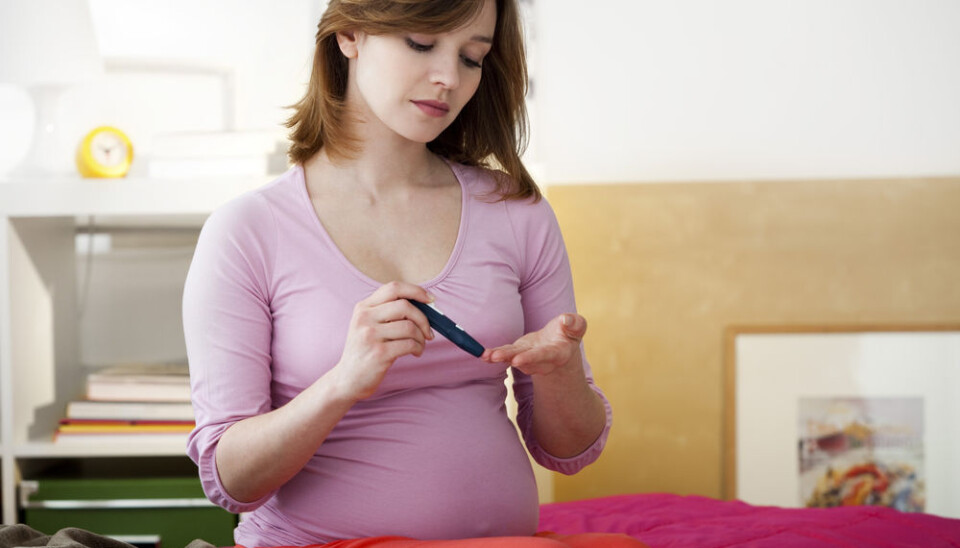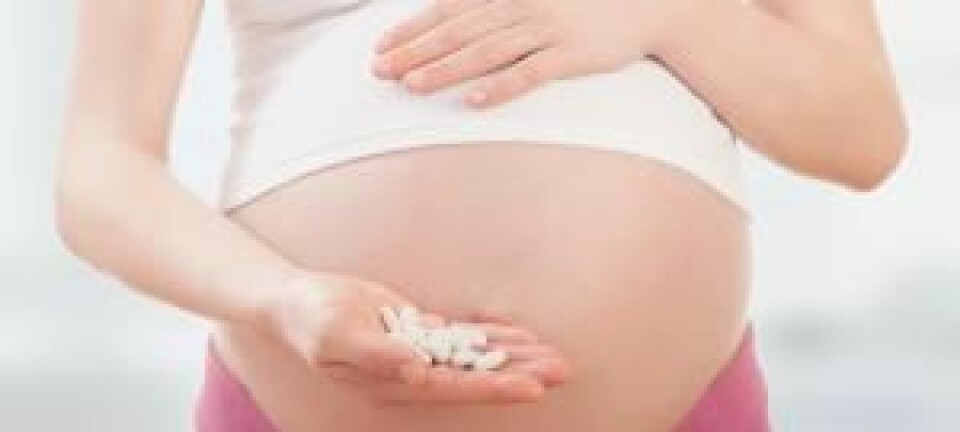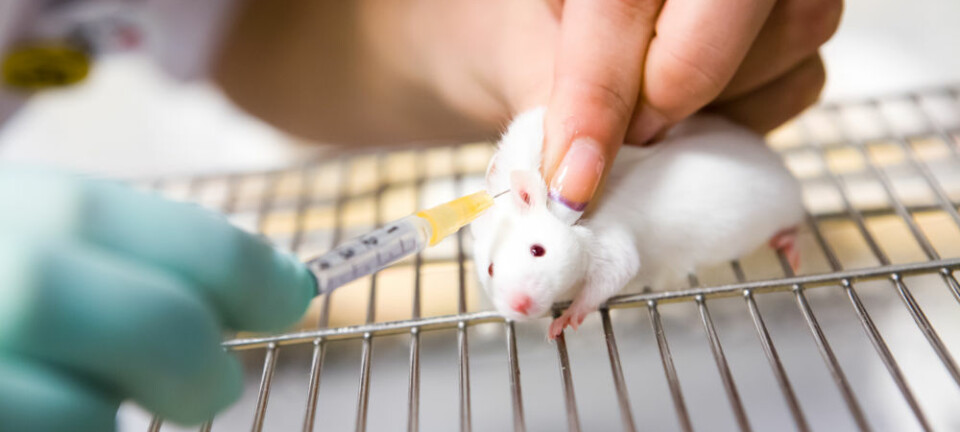
Air pollution and noise could be causing diabetes in pregnant women
New research project investigates if women living in noisy and polluted areas face a greater risk of developing pregnancy-related diabetes.
Are you pregnant and do you live on a busy street? If so, it might be a good idea to close the windows and stay indoors during rush hour as studies indicate that air pollution increases the risk of your child being underweight at birth.
Now, a new research project will investigate if you also face a greater risk of getting pregnancy-related diabetes or preeclampsia if you are surrounded by noise and polluted air during pregnancy.
"We know from experiments on animals and population studies that pollution and perhaps noise increase the risk of developing ordinary type 2 diabetes -- but pregnancy-related diabetes is another type of illness as it often disappears after giving birth," says project leader Marie Pedersen who has just initiated her study in collaboration with scientists from the Danish Cancer Society and Statens Serum Institut (SSI).
"Until now, very little research has been done into whether noise and air pollution also increase the risk of developing pregnancy-related diabetes, but it’s plausible that pregnant women constitute a vulnerable group – because their bodies are already stressed from carrying an extra person," she says.
Diabetes during pregnancy can harm the baby
Women who develop diabetes during pregnancy risk giving birth to a baby that is too large or suffers from jaundice.
There is also a greater risk of the child having low blood sugar and of it developing type 2 diabetes later in life.
"Research indicates that a child's health can be affected for the rest of its life if the mother get diabetes during pregnancy," says Pedersen.
So although pregnancy-related diabetes disappears in the majority of cases after a woman has given birth, it makes good sense from the point of view of health to investigate whether she can do something herself to reduce the risk of the developing the disease, e.g. by avoiding excessive air pollution and noise.
Precise measurements make study unique
Pedersen will examine data from 90,000 pregnant Danish women and compare the information about the health of the women and their babies with information about how much pollution and noise there was in the areas where they lived during pregnancy.
This will enable her to see if women exposed to noise and traffic fumes were more likely to develop diabetes during pregnancy.
Scientists in the Netherlands and Sweden have previously studied the correlation between diabetes in pregnancy and pollution, but the results differed.
"Some studies show that air pollution can increase the risk of diabetes in pregnancy, while other find no connection. I hope we can come up with a more solid result because we have access to to much better and more extensive data than scientists from other countries," says Pedersen.
She has previously published a meta study on traffic-related air pollution, noise, and hypertension during pregnancy.
"In that study we concluded that there’s evidence of traffic-related pollution being linked to an increased risk of pregnant women getting both hypertension and preeclampsia," says Pedersen.
Air pollution increases risk of low birth weight
In her new study, Pedersen will also investigate whether mothers to teenagers suffering from insulin resistance and heightened blood glucose levels were more often exposed to noise and air pollution during pregnancy.
Heightened blood glucose levels and insulin resistance can be precursors of type-2 diabetes, so a coincidence can lead to air pollution and noise during pregnancy increasing the risk of the child become a diabetic later in life.
Furthermore, they are investigating whether living in a noisy or severely polluted area during pregnancy also increases the risk of getting preeclampsia and hypertension.
In a previous study, Pedersen showed that the risk of a woman giving birth to an underweight baby is greater if she was exposed to excessive air pollution during pregnancy.
A low birth weight can contribute to the child developing a whole range of complications later in life such as ventilation problems and cardiovascular disease.
She has also shown that car emissions damage the DNA in foetuses.
It would seem that there are many good reasons for expectant mothers avoiding busy streets and noise.
-----------
Read the original story in Danish on Videnskab.dk
Translated by: Hugh Matthews









